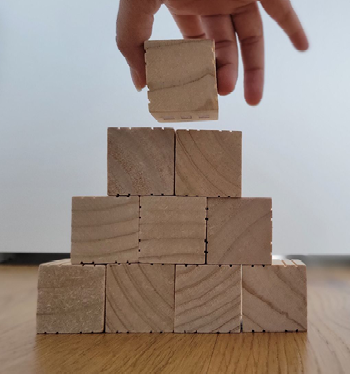Exploratory Research

On September 12 from 3pm- 4pm (Eastern) join NSF Program Officers to learn more about the National Science Foundation’s (NSF) Education and Human Resources’ (EHR) Core Research Program (ECR). Topic TBD.
On August 23rd from 4pm- 5pm (Eastern) join NSF Program Officers to learn more about the National Science Foundation’s (NSF) Education and Human Resources’ (EHR) Core Research Program (ECR).
An additional webinar will be held on Monday September 12, 3-4 pm, Topic TBD
On July 12th from 4pm- 5pm (Eastern) join NSF Program Officers to Learn more about the National Science Foundation’s (NSF) Education and Human Resources’ (EHR) Core Research Program (ECR).
Additional webinars will be held on:
On July 25th from 3pm- 4pm (Eastern) join NSF Program Officers to learn more about the National Science Foundation’s (NSF) Education and Human Resources’ (EHR) Core Research Program (ECR).
Additional webinars will be held on:
Dear Colleagues:
You are invited to participate in the National Science Foundation (NSF) Electronic Research Administration (ERA) Forum webinar on July 19, 2022, from 1:30 - 3:00 PM Eastern Time.
The last two  years of the COVID-19 pandemic have disrupted numerous aspects of our lives including education, placing new demands and constraints on families, teachers, and students.
years of the COVID-19 pandemic have disrupted numerous aspects of our lives including education, placing new demands and constraints on families, teachers, and students.
This will be an “office hours” style discussion and will be geared towards answering questions for those preparing their proposals for the August 12, 2022 solicitation deadline. Participants will be provided the opportunity to ask their questions in advance via the event registration, or at any time during the hour-long event.